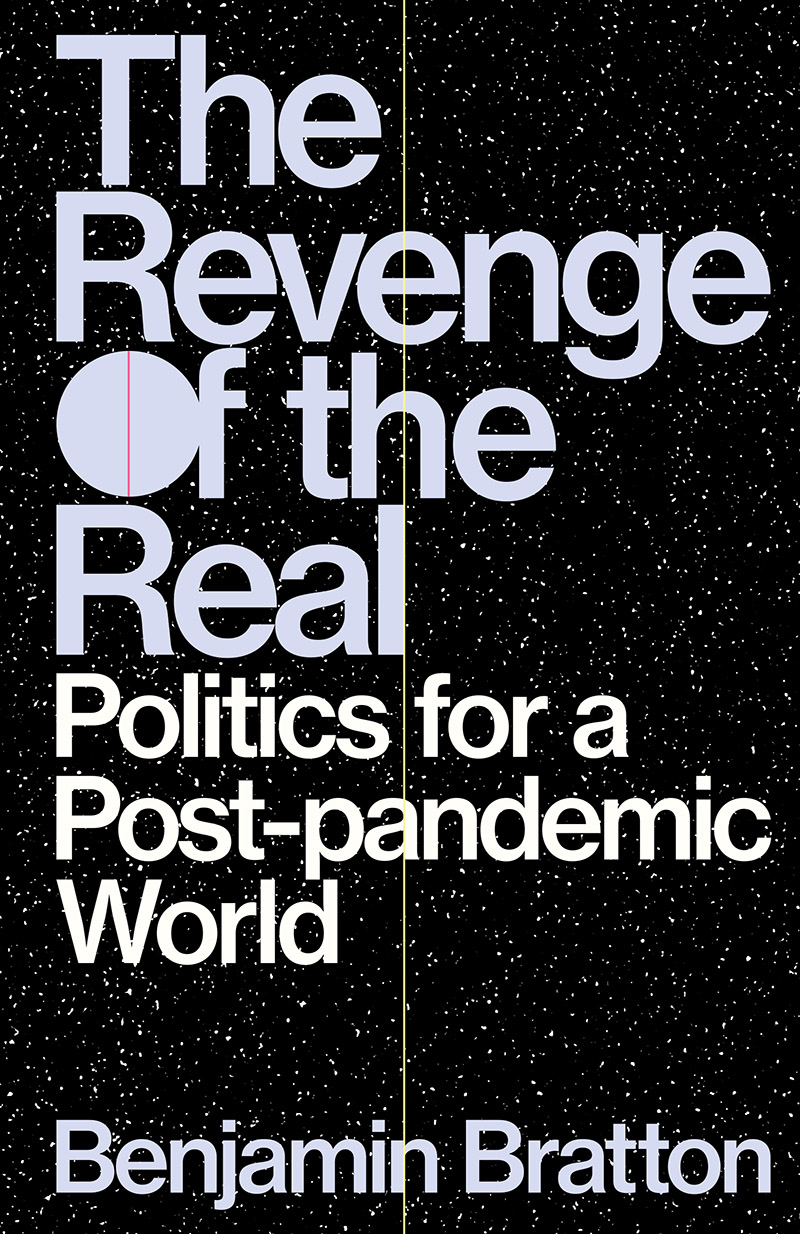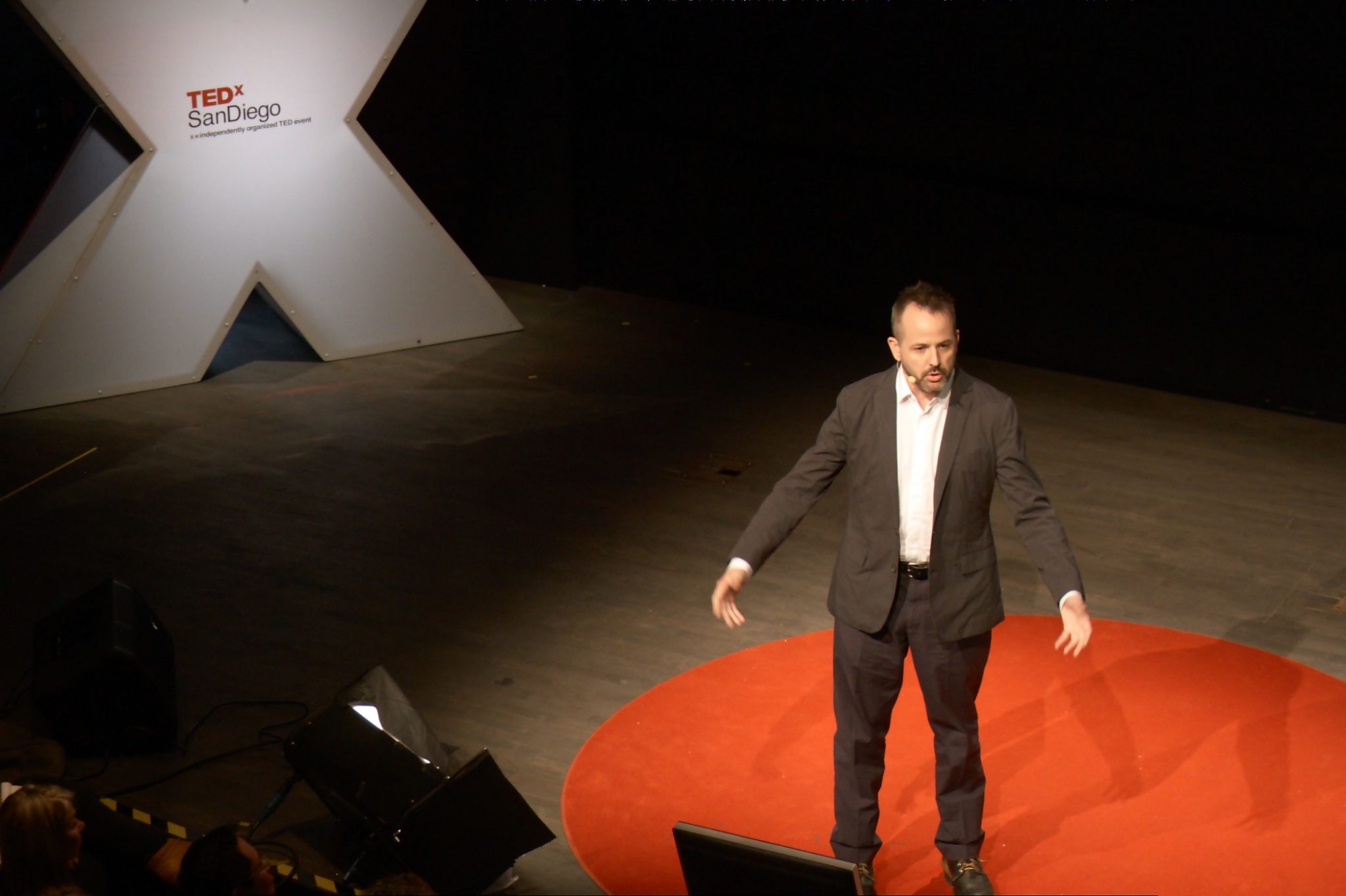In The Revenge of the Real, the theorist contends that our ‘morgues are full because of the… individualist irrationality of the status quo’
The ‘real’ here is the COVID-19 pandemic. ‘Revenge’ is a provocative term, and while theorist Benjamin Bratton doesn’t assign consciousness and agency to a dumb virus, the appearance of this one, in its unthinking indifference towards human life, is seen as a kick in the teeth for a Western political and philosophical culture obsessed, as he sees it, with a narcissistic, hyperindividuated view of the ‘sovereign subject’, which wilfully refuses to acknowledge the complex entanglement of human and nonhuman systems.
The Revenge of the Real sees the pandemic as a catalyst towards Bratton’s technocratic vision of ‘a model of governance based on planetary-scale technological rationalism’. Bratton’s targets are all those who reject this ‘realism’ – the deluded libertarian individualism of rightwing populists, but also the supposedly more radical philosophical-political tradition of ‘negative biopolitics’.
‘The pandemic has made it easier to see oneself more as a node in a biopolitical network… than as an autonomous individual’, Bratton argues, and so the virus becomes the vindication of a project of reinterpreting the self, in which – in common with much contemporary posthumanist theorising – ‘the conception of oneself becomes less an interiority… and more a medium through which the physical world signifies itself ’. This new ‘disenchanted’, ‘materialist realism’ is a view of humanity’s place in the world that demands we see ourselves as things among other things; objects more than subjects, though however still capable – through the technological capture of an objective view of planetary systems – of becoming a planetary society ‘able to deliberately compose itself with compassion and reason’.

‘Collective human intelligence as the collaboration of such creatures working in concert’ can only be realised through what Bratton terms the ‘sensing layer’, a vast, real-time aggregate of data-collecting about reality, coupled to a deeply technocratic taste for ‘competent governance’. The result, though, is a strangely matter-of-fact and supercilious authoritarianism.
On the issue of governance and power, Bratton will have no more silly talk from old poststructuralists, with their negative bio-politics that equates ‘control’ with ‘oppression’. ‘Waves of Boomers, myself included, grew up in a world in which the bad establishment was (supposedly) hierarchical and rationalist and, therefore, individualism and autonomy and spontaneous irrationality were (supposedly) a position of resistance’, he writes. He concludes, like a chastened fan who got carried away by his idols, that our ‘morgues are full because of the… individualist irrationality of the status quo’. For Bratton, in the negative biopolitics of commentators such as Agamben, ‘resistance against the state and its power… takes precedence, perhaps even over preventable deaths’.
But for all his mouthing of the platitudes of ‘care’ and compassion, what underpins his fondness for a top-down, rationalist recasting of society as a planetary control system is an oddly disembodied indifference to what human beings and society are for, and a disdain for the meaning that humans give to their lives. The dislocated antihumanism of Bratton’s outlook is profound, since it only sees human society as a system to be managed, rather than as the interplay of human subjectivity with its social and material reality, and, more fundamentally, humanity’s deliberation of the purpose and meaning of its own existence; that is, everything more than just existing.
So while Bratton expends energy in trashing Agamben, he has nothing to offer in response to Agamben’s fundamental observation, early in the pandemic, that ‘our society no longer believes in anything but bare life’. While Bratton insists that the pandemic is a ‘matter of life and death’, the preservation of life has, for many ‘progressive’ thinkers like him, become the fetishistic substitute for a twenty-first-century culture in which any sense of the meaning of living, and the purpose of human society, has completely drained away.
The Revenge of the Real: Politics for a Post-Pandemic World by Benjamin Bratton Verso, £10.99 / $19.95 (hardcover)
